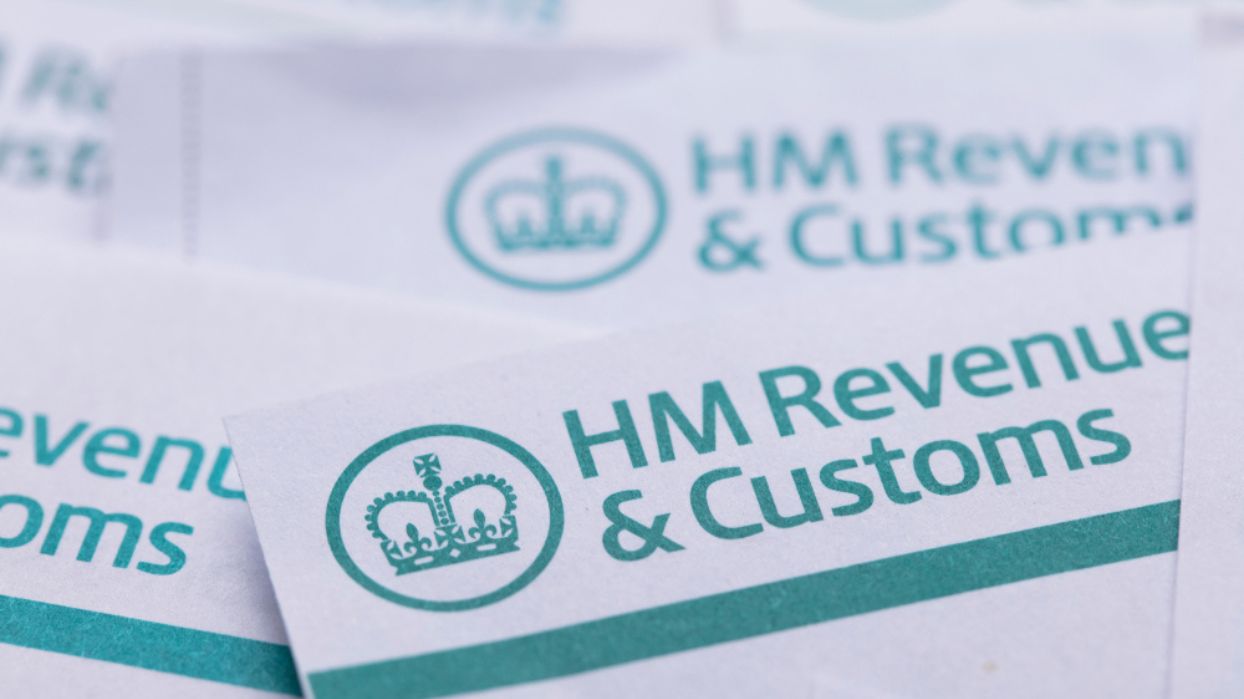HMRC is ramping up pressure on taxpayers who earn money from their social media presence, content creators and online sellers. HMRC is writing thousands of nudge letters to taxpayers believed to have sold goods and services online to remind them about their tax obligations.
In this article, Anastasia Nourescu and Olivia Shaw look at HMRC’s latest campaign and what affected taxpayers can do if they have been, or believe may be, contacted by HMRC.
Background
HMRC continues to publicise its areas of focus to promote compliance in its broader efforts to improve tax take. The rapid expansion of the digital economy represents a challenge to HMRC, with high degrees of non-compliance. This recent development is consistent with HMRC’s wider strategy to address non-compliance in the digital economy, and we are likely to see similar approaches in the future.
Who is being targeted?
HMRC is writing nudge letters to thousands of people selling goods and services online through marketplaces such as Facebook, eBay and Etsy. Online marketplace trading has exploded in recent years, particularly since the Covid-19 pandemic, as consumers have increasingly turned to online shopping. The number of people selling goods and services online has increased to meet that demand.
Social media influencers and content creators must also watch out, as they are required to pay tax on their income. HMRC is also sending thousands of nudge letters to those who make money through paid ads, sponsorships, brand collaborations or gifted products or services in exchange for posting content on platforms including Instagram, YouTube and TikTok. According to a study by Adobe, one in four people describe themselves as content creators in online spaces, accounting for a whopping 16.5 million creators in the UK.
Social media influencers receive payments not just in cash but also in beauty products, clothes, food products and even holidays for promoting a brand. Many are not aware they may need to pay tax on this.
HMRC has reviewed data from digital marketplaces and online content platforms to identify individuals who have sold goods and services online but may not have informed HMRC of their income and any tax they owe.
Tax implications of online sales
Those who sell goods and services online may be classified as “traders” and may need to pay tax on their sales. Individuals are likely to be viewed as trading if they sell goods or services intending to make a profit from their online activity. For example, selling a few items as part of a house clear-out would not constitute trading, but selling goods as a hobby probably would.
These individuals should keep a record of their expenses and purchases, as well as complete a Self-Assessment tax return if their gross income from online activities is more than £1,000, regardless of any intention to make a profit.
What is a nudge letter from HMRC?
HMRC is sending thousands of standard “nudge” letters to individuals believed to have carried on a trade through their online activities and earned over their Personal Allowance (currently £12,570). The letters are intended to influence customer behaviour and prompt the recipients to regularise their tax position by disclosing any tax due to HMRC.
The recipients are requested to complete an enclosed Certificate of Tax Position within 30 days and either declare they will voluntarily disclose any tax liabilities or confirm their current tax position is correct (whether or not they have declared any tax). Taxpayers who wish to disclose any previously undeclared tax are encouraged to do so using HMRC’s Digital Disclosure Facility.
If you require assistance from our team, please contact us or alternatively request a call back from one of our lawyers by submitting this form.
Subscribe – In order to receive our news straight to your inbox, subscribe here. Our newsletters are sent no more than once a month.







